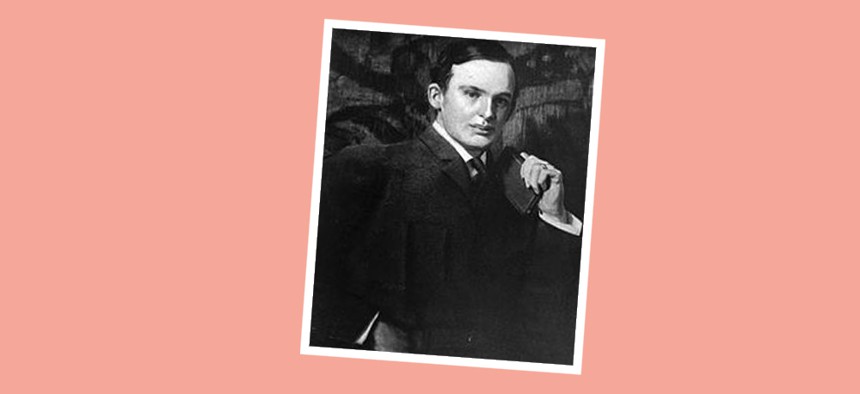University Settlement's Robert Hunter literally wrote the book on poverty in 1905

Robert Hunter of University Settlement wrote the first data-driven study of poverty in New York City. Wikipedia
New York State initiatives like school breakfast after the school bell fulfill more than promises uttered by Gov. Andrew Cuomo at the recent State of the State address. They fulfill the recommendations of child and anti-poverty advocates of the original Progressive Era.
Before these activists of the late 19th and early 20th Century, poverty was mostly regarded at a policy level as the manifestation of the moral failings of the poor. But then along came people like Robert Hunter – the man who wrote the book "Poverty."
This 1905 work was one the first data-driven studies of the causes as well as symptoms of poverty. Much of the research resulted from Hunter's year-long tenure as "head worker" at University Settlement, which remains an institution with a unique connection to the Lower East Side – and the history of poverty more broadly, according to spokesperson Amy Brenna.
"They were data collectors," she said of University Settlement predecessors like Hunter. "They understood how important it was to have facts."
She allowed NYN Media to explore the archives of the 130-year-old nonprofit, which was originally called Neighborhood Guild. While Hunter moved on to pursuits as varied as a teaching position at the University of California and golf course design (he wrote "The Links") his contribution to the social sciences was an inspiration to modern-day advocates of causes like child hunger.
People like Joel Berg, executive director of Hunger Free America – and author of "All You Can Eat: How Hungry is America?"
More than a century later, Hunter still looms large on the study of hunger, poverty and how long it can take to alter public policy, according to Berg.
“The fact that he was one of the first to scientifically (study) poverty and the impact of poverty is absolutely critical and this of course was on the cutting edge of the progressive movement,” Berg said in a telephone interview.
NEXT STORY: NYN Media Buzz: Feb. 6, 2018
